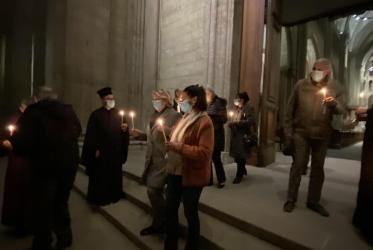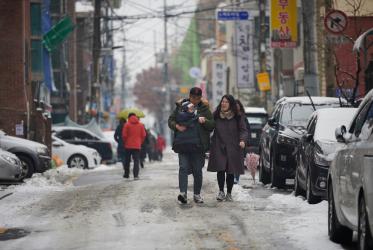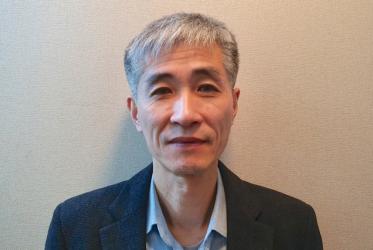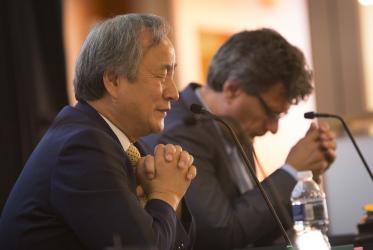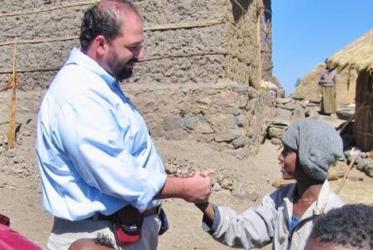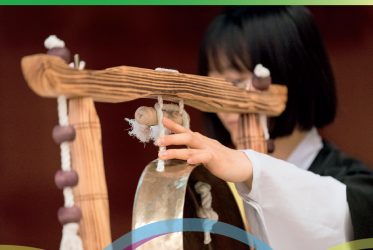Displaying 81 - 100 of 603
24 February 2021
"Light of Peace" book now available in Korean
06 January 2021
Rev. Shin Seung-min: “We want to create hope, not despair”
22 December 2020
Bishop Hee-Soo Jung: “Prayer is a radical action”
11 December 2020
In Palestine, “God honored this olive tree”
12 November 2020
Rev. Dr Hans-Ruedi Weber dies at 97
29 October 2020
WCC commemorates life of Rev. Michael J. Davies
14 October 2020
WCC moderator contributes to G20 Interfaith Forum on Africa
25 August 2020
